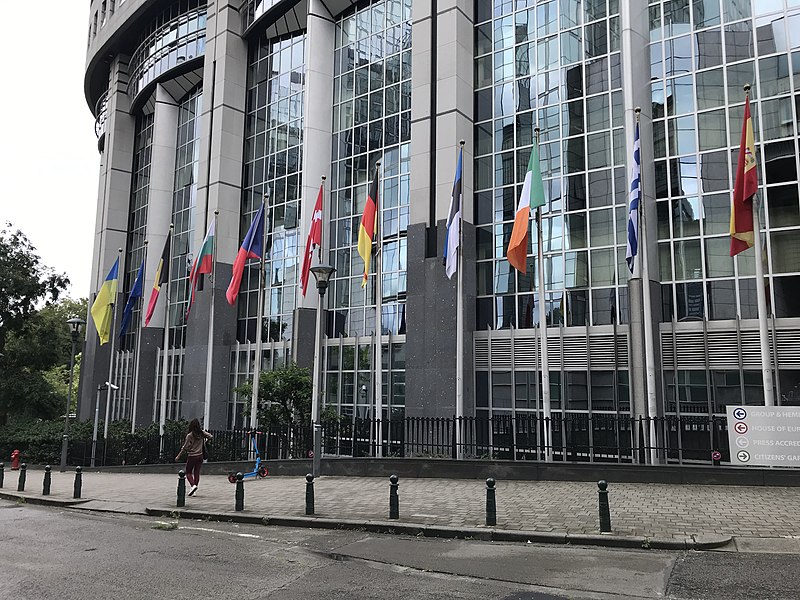
Roberta Metsola, President of the European Parliament, expressed her aspiration to initiate accession negotiations with Ukraine and Moldova within the EU by the conclusion
of this year. She emphasized the significance of not disappointing these candidate countries' aspirations.
In an interview with the European Newsroom, a consortium of European press agencies that includes AFP and Belga, Metsola addressed Council President Charles Michel's 2030 EU enlargement timeline. She proposed shifting the focus away from the specific date, stating, "Let's not dwell on the date – it's positive that there's a proposed date – but let's concentrate on the hope of commencing accession negotiations by year-end."
Metsola stressed that if Ukraine and Moldova are prepared, accession negotiations could commence, followed by a gradual implementation of measures. She urged, "While each country has its unique path, we must not disillusion the millions of people who consider Europe their home."
The European Parliament President has consistently demonstrated support for Ukraine's EU accession. In April 2022, she became the first leader of an EU institution to visit Kyiv after Russia's invasion. In June 2022, the EU symbolically granted candidate status to both Ukraine and Moldova. However, Georgia was denied this status, with further reforms requested from Tbilisi.
The European Commission has outlined seven benchmarks for Kyiv, encompassing anti-corruption efforts and judicial reform, as prerequisites for advancing to the next phase, the commencement of accession negotiations. In its June interim evaluation, the Commission reported that two benchmarks had been met and "some progress" was observed in the remaining five.
By the end of October, the European executive is scheduled to release a report assessing Ukraine's and Moldova's progress. The decision to commence accession negotiations or not will be determined by the 27 EU member states during a summit in Brussels in mid-December. Nonetheless, it may take a substantial period before these negotiations result in full membership.
Five Western Balkan countries (Albania, Bosnia, North Macedonia, Montenegro, and Serbia) also possess candidate status, with some engaging in negotiations for over a decade. Meanwhile, talks with Turkey have remained stagnant for several years.



































